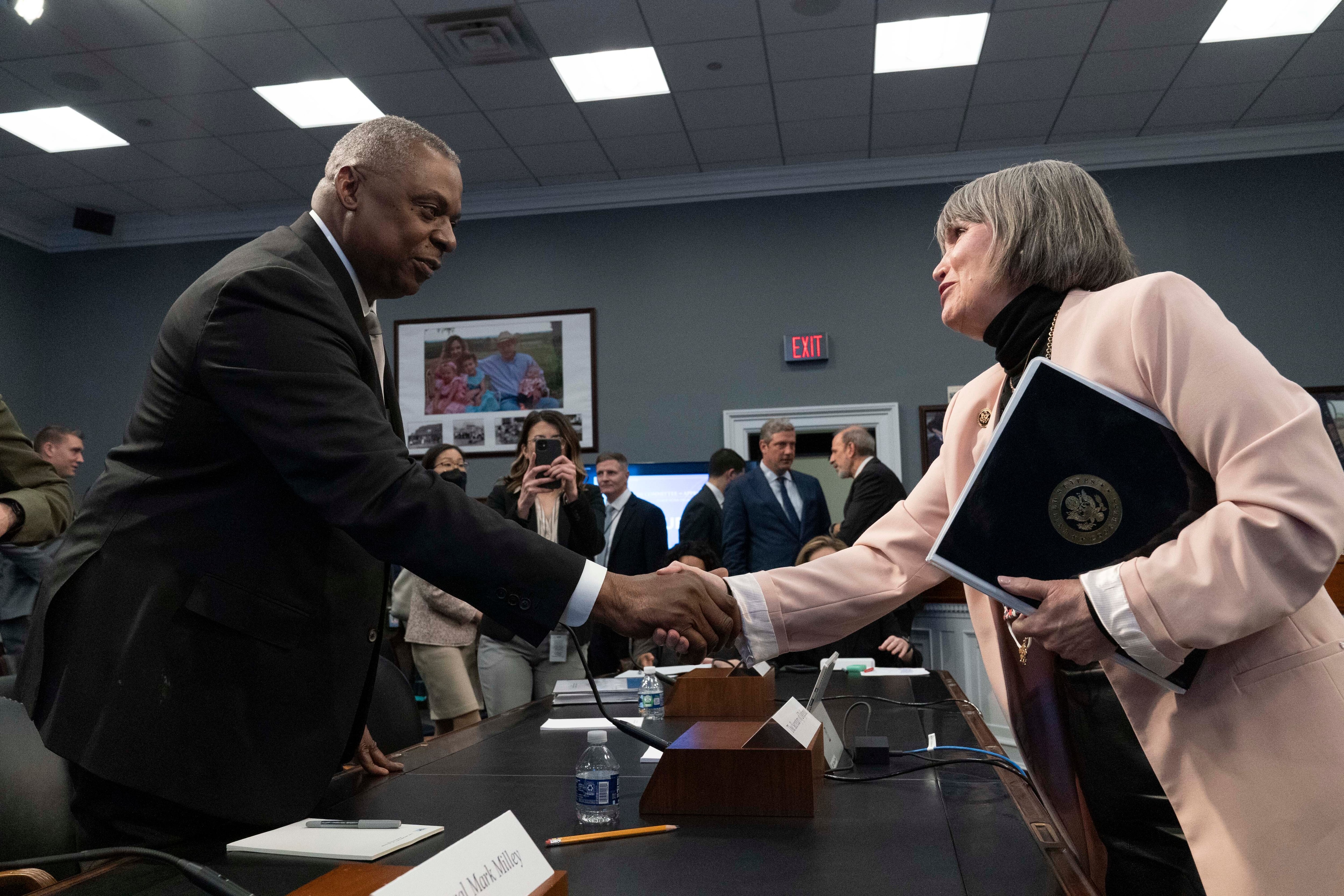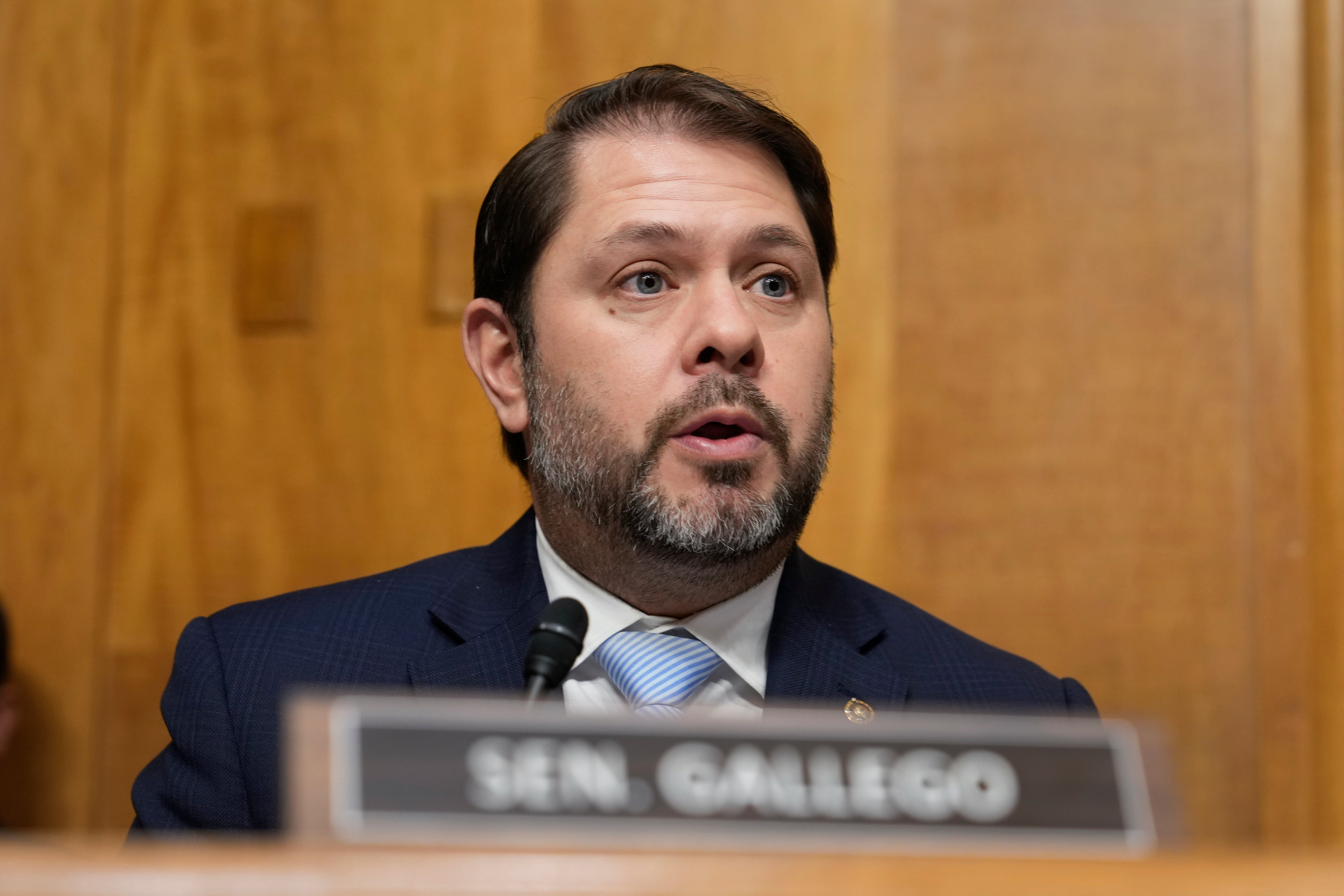House appropriators and Senate defense planners both backed a 4.6% pay raise for servicemembers next year, signaling broad support for the largest increase in military paychecks in 20 years, but not more to account for rising inflation.
On Tuesday morning, in its initial draft of the defense budget proposal for fiscal 2023, members of the House Appropriations Committee included the 4.6% pay increase — equal to the White House’s request unveiled earlier this spring — as part of their $762 billion spending plan.
The panel’s subcommittee on defense issues is expected to advance the plan on Wednesday in a closed session, and the full committee will debate the package on June 22.
A few hours later, during the Senate Armed Services Committee’s deliberations on the annual defense authorization bill, members also backed the same 4.6% pay raise plan. Last week, the House Armed Services Committee approved similar initial language for that pay boost.
RELATED

If approved later this year, the 4.6% pay raise will be the largest troops have received in 20 years. But advocates have said the figure may not be high enough to counter rising costs of goods and services seen across America over the past year.
In a statement, House Appropriations Committee Chairwoman Rosa DeLauro, D-Conn., called the 4.6% figure — which is based on a federal formula synching military pay raises with civilian-sector wages — a “strong military pay raise” which “honors our soldiers and their families.”
For junior enlisted troops, the 4.6% hike would mean about $1,300 more next year in take-home pay. For senior enlisted and junior officers, the hike equals about $2,500 more. For an O-4 with 12 years’ service, it’s more than $4,500 in extra pay.
RELATED

The pay raise still could be adjusted in coming weeks as the involved committees debate their respective drafts of the defense policy and spending bills.
The Senate Appropriations Committee, the last of the four committees that set the annual military pay raise, has not yet weighed in publicly on the 2023 paycheck boost.
In their initial draft, House Armed Services Committee members included language with the pay raise provisions which would mandate a series of studies into the issue of military pay to ensure the wages are keeping pace with both the private sector and families’ financial needs.
House lawmakers have said they are particularly concerned with junior enlisted pay and whether that is sufficient for military recruiting and retention goals.
Leo covers Congress, Veterans Affairs and the White House for Military Times. He has covered Washington, D.C. since 2004, focusing on military personnel and veterans policies. His work has earned numerous honors, including a 2009 Polk award, a 2010 National Headliner Award, the IAVA Leadership in Journalism award and the VFW News Media award.




